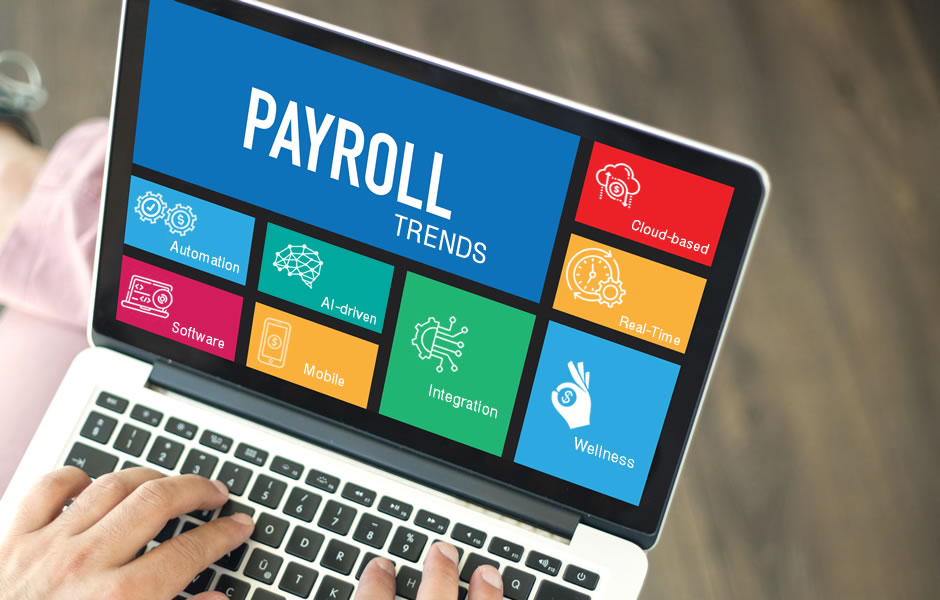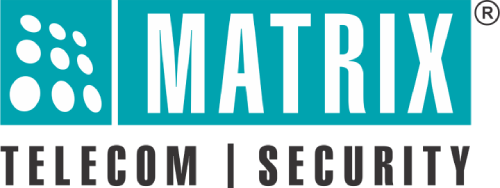
With the advancement of futuristic technologies, payroll functions are undergoing a significant transformation. Nowadays, payroll management is not only limited to giving out employee paychecks as seamless payroll processing plays a crucial role in the overall success of an organization.
In this post, we will shed light on the seven latest trends in payroll management to elucidate what the future holds for the payroll industry. Organizations and HR managers need to understand these trends and implement them to improve their HR process and stay relevant in the market.
Are you planning to future-proof your payroll?
Here are some payroll technology trends that are too compelling to ignore:
- Enabling Payroll Automation: With more and more companies embracing automated payroll processing, manual payroll processing will soon become redundant. Automated payroll software offers multiple advantages over conventional methods. For example, it saves time by accelerating the payroll process and is less prone to errors. Automated payroll software also saves money by reducing the number of employees involved with payroll management.
What’s more, it also serves as employee performance management software to make compensation performance-based. Automated payroll systems come with performance management tools for evaluating employees’ job performance and gauging their progress so that you can give them a raise based on their hard work. Automated payroll software also eliminates the need for maintaining physical files for documenting employee data and action tasks. It is capable of managing leave balances and tracking how many leaves can be provided to an employee in a year. - The New Era of AI-driven Payroll: Artificial Intelligence is becoming more prevalent across industries, and the payroll industry is no exception. Many organizations are embracing AI (Artificial Intelligence)-driven software for storing and managing payroll data with ease. Likewise, employees are also embracing AI-enabled tools for carrying out their daily chores immaculately.
AI technology is capable of learning from experience and carrying out human-like chores. To leverage the power of AI, many organizations are integrating chatbots powered by AI with their website for interacting with employees and answering their basic as well as complex queries. Chatbots are also capable of referring the employees to the right department for improving employee experience. In the coming years, we will witness more sophisticated chatbots designed to attend to a wider set of complex queries. - Payroll Software Integration: Payroll management is a crucial HR function that demands accuracy and speed. Therefore, it is important to focus on even the minutest fact of each event and integrate the same with payroll to derive authentic results. For example, the integration of payroll with time and attendance systems through automation can help save time and expenses, besides ensuring timely payment of wages and employee satisfaction.
Besides saving time and money, payroll software integration facilitates the seamless transfer of attendance data to payroll software. At the same time, it reduces human interventions and minimizes payroll mistakes. - Embracing Mobile Payroll Applications: The popularity of mobile payroll applications is showing an upward trend since the past few years. Besides enabling HR managers to process payroll from any corner of the globe, mobile payroll apps allow employees to access payroll details 24/7 from the comfort of their iOS or Android device. It also enables staff members, as well as retired professionals, to track their earnings using smart handheld devices. Furthermore, mobile payroll apps facilitate transparent payroll computations for all employees across departments. It also automates the calculation of taxes, thus, minimizing the risk of human error.
- Increased Usage of Cloud-based Payroll Software: Payroll companies that are already using the cloud are thriving like never before. A study conducted by Forbes in 2018 revealed that 83% of enterprise workload will run on cloud platforms by 2020. Therefore, investing in a scalable cloud-based payroll software is a great way to streamline payroll operations.
Payroll processing is an exigent task governed by a host of regulations. Cloud payroll software not only helps businesses stay compliant with these regulations but also helps them handle tax compliance with ease.
The greatest advantage of cloud-enabled payroll software is that it allows HR managers to view or modify payroll anytime, anywhere. Thus, every small and medium business should embrace cloud-based payroll software for its flexibility and cost-effectiveness. - The Rise of Real-Time Payment Distribution: The Millennial employee wants to control when or how they get their paychecks from their employers. In simple words, employees nowadays want to be paid as soon as they leave work. Since digital wallets and email-friendly checks are paving the way for instant gratification at the click of a button, Millennial employees now prefer receiving payroll in real-time instead of waiting for direct deposits or typical bi-weekly payments. Thus, real-time payments are redefining the reality of payroll. Real-time payroll software offers round-the-clock instant interbank electronic fund transfer services that can be accessed on multiple channels such as smartphones, laptops, tablets, digital wallets, and even the web.
- Multi-Application Integration: Payroll services need to be integrated with HRM (Human Resource Management), and finance/accounting applications for seamless payouts or rewards, and to facilitate seamless bonus and quota management. The integration of HRM and finance applications enable HR teams to manage all employee and finance-related information from a single point of access. However, since multi-application integration is a tricky process, you should pick payroll suites that can be easily integrated with other existing apps in your organization. Besides, integrating with your project management software, you can assure the productivity of your employees and issue their payment on time on the completion of the project.
- Financial Wellness Programs for Boosting Job Satisfaction: HR managers should understand that modern employees prefer working with organizations that provide a positive work culture, retirement plans, and other perks and benefits. Gone are the days when increasing wages used to boost job satisfaction. According to a report released by Mercer, financial wellness plans provide higher satisfaction to employers as well as employees. Therefore, forward-thinking businesses of all sizes are partnering with financial industry experts to devise a promising financial wellness strategy for their employees.
By introducing financial wellness programs, organizations can reduce employee financial stress to a great extent besides boosting the morale of their workforce. Introducing financial wellness programs is also a great way to show employees that their employer cares about them. Consequently, the employees stay loyal to the organization and get motivated to give their best effort at work.
Closing Thoughts
It is high time HR and payroll departments geared up to offer personalized assistance to each employee. Though it is necessary for both the departments to maintain a human touch, it is also essential for businesses to reap the benefits of automation and other advanced technologies for managing huge volumes of data so as to make HR and payroll functions seamless and more efficient. The pioneering payroll software trends mentioned in this post are a great way to streamline your payroll operations and stay ahead of the curve.

